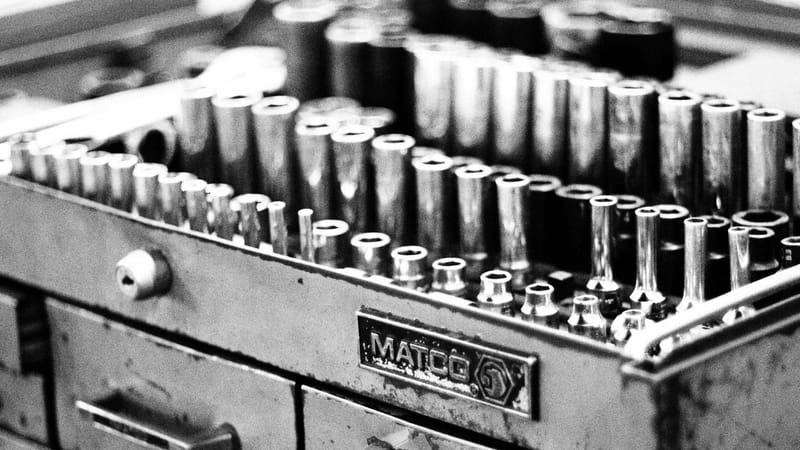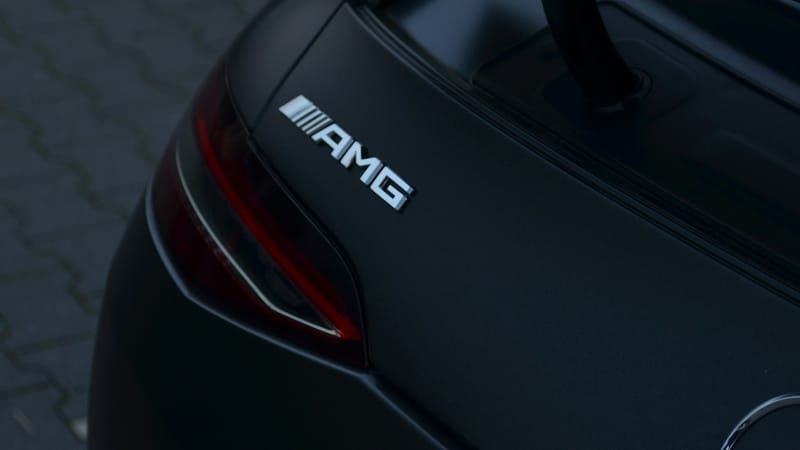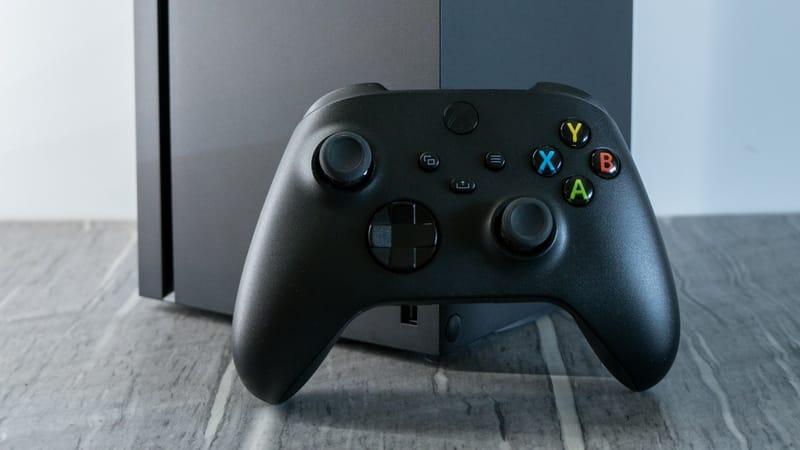Microsoft Bets Big on Abu Dhabi With $15bn AI Push
The tech giant’s huge new UAE investment shows where the next front in the AI race will be fought... and who’s paying for it.

A desert-sized deal
Microsoft has just made one of its biggest international bets yet, a $15.2 billion investment in the United Arab Emirates that runs through 2029. It’s a deal that blends geopolitics, artificial intelligence and an unmistakable show of corporate confidence in the Gulf’s tech ambitions.
Announced alongside major energy and tech conferences in Abu Dhabi and Dubai, the plan signals that the UAE is moving from oil wealth to data wealth, and that Microsoft intends to be the one building the servers.
“This is not money raised in the UAE. It’s money we’re spending in the UAE,” said Brad Smith, Microsoft’s vice chair and president. It’s a pointed clarification in a region where foreign partnerships often involve local capital. This time, the cash is coming straight from Redmond.
The numbers behind the bet
By the end of 2023, Microsoft will have already spent $7.3 billion in the country. That includes $1.5 billion invested directly into G42, the Emirati AI champion now emerging as a global partner, alongside $4.6 billion in capital expenditure for new cloud and AI data centres, and another $1.2 billion in operating costs.
Between 2026 and 2029, a further $7.9 billion is set to flow in, with $5.5 billion earmarked for expanding AI and cloud infrastructure. The aim is to cement the UAE as a regional digital hub that can serve markets across the Middle East, Africa and South Asia.
This kind of money isn’t just about capacity, it’s about signalling power. When Microsoft spends billions on data centres, it’s also locking in future demand for Azure and making sure that, when governments and companies in the region start deploying large-scale AI systems, they’re doing it on Microsoft’s cloud.
Building skills and trust
But this is not just a real estate play. Microsoft has committed to training one million people in the UAE by 2027, with programmes designed to upskill government employees, students and professionals for the AI-driven economy.
Alongside that, the company is launching the Responsible AI Future Foundation, a new initiative to promote ethical standards and transparency in AI development. The foundation will work with UAE regulators and international partners to draft frameworks for trustworthy AI deployment, a theme that’s become central to Microsoft’s global messaging as AI systems race ahead of policy
Why it matters
The investment underlines a deeper shift: as AI becomes a critical layer of national infrastructure, cloud capacity and talent pipelines are as strategically important as oil reserves once were. For the UAE, aligning with a partner like Microsoft helps accelerate its post-oil diversification and reinforces its position as a neutral bridge between the US and China in the tech ecosystem.
For Microsoft, it’s about presence and trust, both political and digital. The company already leads the global AI infrastructure race alongside Google and Amazon, but the next battleground is localisation. Governments want cloud capacity close to home, and Microsoft’s sprawling network of sovereign data centres gives it a regulatory edge.
The global AI map gets redrawn
By 2029, if all goes to plan, the UAE could become one of the world’s densest clusters of AI computing power outside the US and China, built largely on Microsoft’s hardware and software stack. The partnership with G42, a company rooted in Abu Dhabi’s own sovereign ecosystem, ensures that local talent and oversight stay part of the equation.
As Brad Smith put it, the goal is not just to export technology but to “build trust in AI from the ground up.” That means embedding ethics, transparency and human skills into every line of code and every terawatt of computing.
Related reading
- Copilot introduces holiday mode
- Microsoft confirms GPT-5.2 is available in Copilot
- NVIDIA unveils AI inference memory platform powered by BlueField-4
For now, though, the headline is simple: Microsoft is betting $15 billion that the next big wave of AI innovation will rise not in Silicon Valley — but in the desert.
Microsoft is dedicated to fostering a strong relationship with the UAE, focusing on technology investments, talent development, and trust-building initiatives






